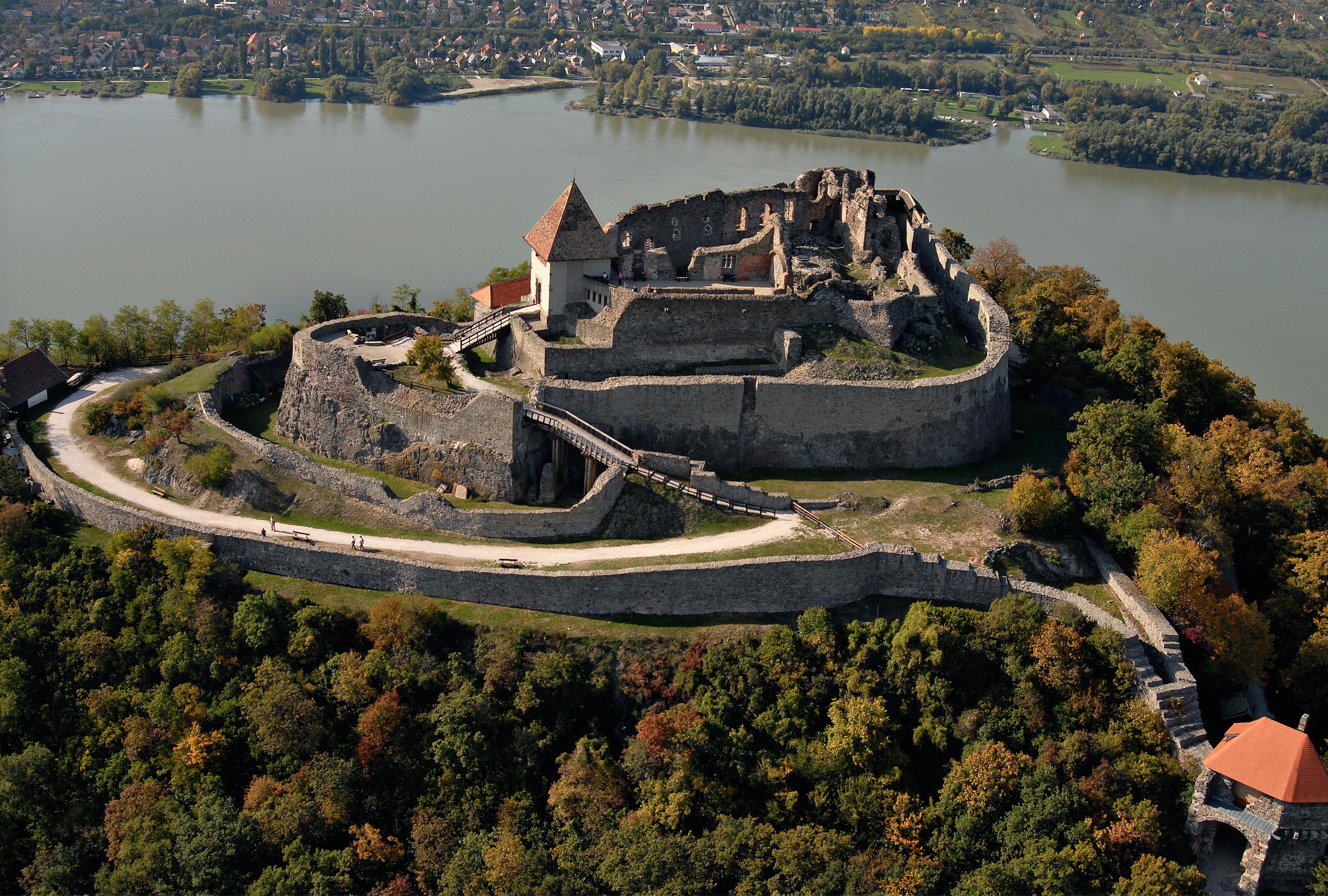Cahiers du CEFRES n° 30, avril 2006
editor : Muriel BLAIVE
ISBN 80-86311-17-1
ISSN 1805-0336
This edition of the Cahiers du CEFRES is the result of a series of lectures organised at CEFRES during the autumn of 2004 on Communism from the viewpoint of societies.
Its aim was to leave the field of the political history of communism, which has been covered more fully by researchers, in order to concentrate on daily life in communist societies by examining themes such as the way people viewed work, the role and place of women, or what life in small towns was like. The debates that took place at these seminars, which brought together in particular young researchers and doctoral students working on a thesis related to communism, were very intense, both in terms of the facts being discussed and the research methods used to analyse them. It therefore seemed appropriate to publish the texts that gave rise to them. Pokračování textu Communism from the viewpoint of societies (2006, N° 30)

